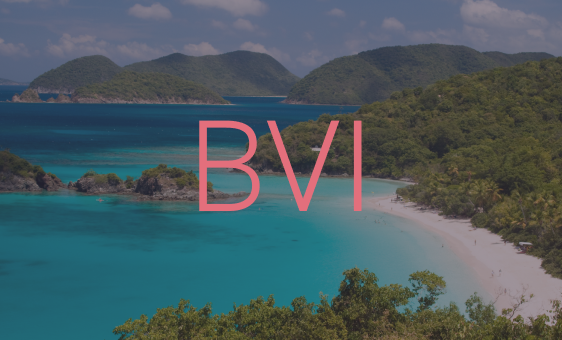The Legal Profession Act (the LPA) was enacted in 2015. Section 18(1) makes it an offence for a person who is not registered on the Roll in the BVI to “practise law” or to willfully pretend to be a legal practitioner (amongst other things). Section 18(3) provides that “no fee in respect of anything done by a person whose name is not registered on the Roll [or to whom subsection (2) relates], acting as a legal practitioner, is recoverable in any action, suit or matter by any person.” Section 2(2) contains a somewhat circular and unhelpful definition of “practise law” which is defined as meaning “to practise as a legal practitioner or to undertake or perform the functions of a legal practitioner, as recognised by any law whether before or after the commencement of this Act.”
On 30 March 2020, the Court of Appeal delivered a further judgment which clarifies the scope for recovery of foreign lawyers’ fees following the enactment of the LPA: Gany Holdings (PTC) SA v. Khan BVIHCMAP 2018/0045. As the first paragraph of the judgment notes:
“the interpretation and application of Section 18(3) have been the subject of much litigation since the commencement of the Act” on 11 November 2015.
The decision in Gany is best understood by understanding those decisions. The first was Garkusha v. Yegiazaryan BVIHCM2015/010. That was a case in which the Court of Appeal, of its own motion, and on a written application for security for costs, refused to order security in relation to the costs which would be incurred by London solicitors, on the basis that these solicitors appeared to be practising BVI law and thereby committing an offence under Section 18(1): Garkusha v. Yegiazaryan BVIHCM2015/010. The decision was erroneous in its reference to Section 18(1) because the offences within Section 18(1) do not have extraterritorial effect: Section 2(2). That was confirmed by a later decision of the Court of Appeal in Shrimpton v. Scriven BVIHCMAP 2016/0031. Although Shrimpton held that Garkusha had been wrongly decided in its reliance upon Section 18(1) the Court of Appeal held that Section 18(3) operated disjunctively from Sections 18(1) and (2) so that any conduct which constituted the practice as a legal practitioner was subject to the statutory prohibition on the recovery of costs.
That leaves the question of what practice as a legal practitioner actually consists of. Garkusha approached this extremely widely, as including any conduct which was “broadly deemed to be assisting with the conduct of a BVI matter.”
The Decision in Gany
The primary question which arose in Gany was whether or not costs which had been incurred prior to the implementation of the LPA were subject to the prohibition on their recovery. The Court of Appeal held that the presumption against retrospective effect had the effect that costs which were incurred prior to the enactment of the Act could be recovered, and that Section 18(3) had no application to those costs.
The secondary question that arose in Gany is likely to be of greater significance in the long term. The question which arose was whether or not the successful Claimant was entitled to recover the costs associated with engaging an English Costs Draftsman to prepare the bill of costs. The only direct evidence of the role of the Costs Draftsman, apart perhaps from the obvious, was that his work included “reviewing files and drafting schedule of costs in compliance with ECSC Rules and Practice Directions.”
Costs Draftsmen do not exist in the BVI, and it is likely that had this work been undertaken by a Legal Practitioner in the BVI, applicable hourly rates would have been higher.
The Costs Draftsman concerned was (obviously) not a BVI Legal Practitioner, and he was not engaged in the substantive conduct of the litigation. His only role was to prepare a BVI Rule compliant bill of costs, and perhaps to give ancillary advice. The Court noted that the work of a costs draftsman is “solicitors work” (see Crane v. Canons Leisure Centre [2007] EWCA Civ 1352). The work of the Costs Draftsman was therefore work which broadly assisted with the conduct of BVI litigation, and thus fell foul of the recovery provisions in Section 18(3).
The Court of Appeal held that each case would turn upon its own facts, and that it was setting no hard and fast rule in relation to the position of Costs Draftsmen. However, the difficulty which arises from this part of the decision is that if the Costs Draftsman in Gany was practising BVI law, it is difficult to understand what might distinguish his position from that of any other Costs Draftsman. Whilst it can readily be understood that certain functions of a Costs Draftsman might involve a practise of BVI law, such as advising in relation to offers that should be made in respect of costs, if the largely mechanical and arithmetical processes concerned with the preparation of a bill of costs constitute the practise of BVI law, then it is difficult to see what distinguishes that process from any other type of litigation support function. It is likely that the decision therefore limits further the prospects of escaping the strictures of Section 18(3).











